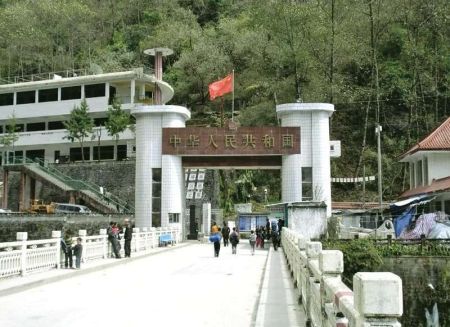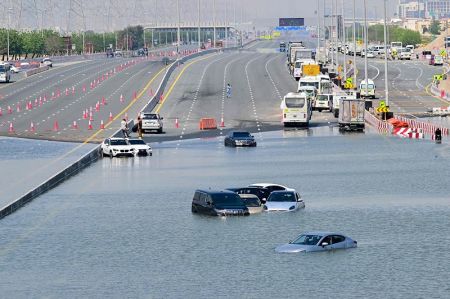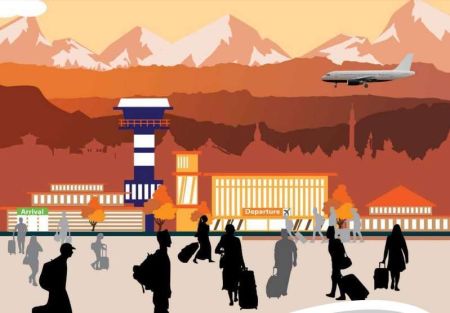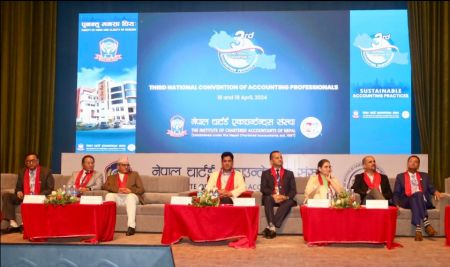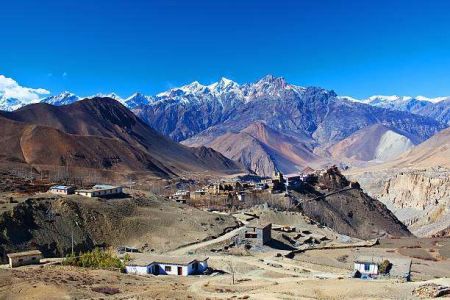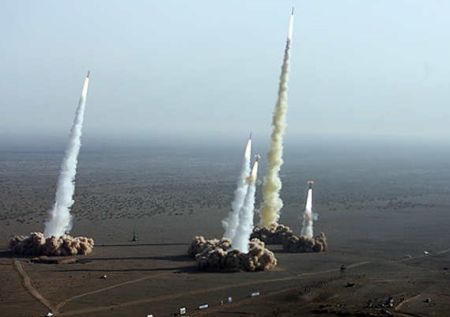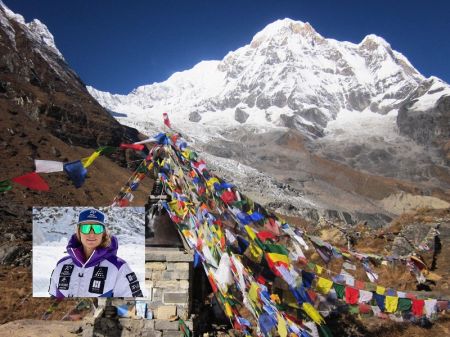WTO Members Agree on Historic Trade Pact
Since the formation of the World Trade Organisation (WTO) in 1995, member nations of the global trade body on Saturday reached the first ever trade deal. WTO’s Bali Ministerial Conference held in Bali, Indonesia, approved the “historic” ‘Bali Package’ after Cuba dropped its threat to veto the package of measures that primarily aims at facilitating commerce between member nations by reducing trade barriers.
The agreement aims to boost the global commerce by adding USD 1 trillion into the world economy over the coming years and add 21 million jobs in the global labour market. The agreement simplifies trade procedures for the poorest countries to sell their goods in international market. It is expected to lessen barriers for the least developed countries (LDCs) in exporting their products in international market. Similarly, the agreement aims to establish a global system to make agricultural sector more competitive.
The agreement came at a moment when the WTO was standing on the brink of failure following more than a decade of fruitless negotiations to enact the Doha Round (2002) plans. Many experts had warned that failure in Bali would leave regional and bilateral trade arrangements as the only platform for trade reform, dividing the world and jeopardising the goal of globalisation of the WTO.
“For the first time in our history, the WTO has truly delivered,” said WTO Chief Roberto Azevêdo, while closing the conference.” All members, developed or developing, have the ownership of the Bali deal. We have put the “world” back into the World Trade Organisation. We’re back in business...Bali is just the beginning.” In his closing remarks former Chief Trade Negotiator of Brazil echoed the quote of late South African leader, Nelson Mandela, “It always seems impossible until it’s done,” to sum up the achievement of the conference.
The Bali meeting which opened on 3rd December, Tuesday, was overshadowed by disagreements between India and a group of developed nations led by the United States. Because of its massive programme for stockpiling food to feed its poor, India had insisted that it would only back an agreement if there is a compromise on food subsidies. On the other hand, US and some industrialised nations urged India to end the food security policy as it breaches and contradicted the subsidy policies of the WTO. The differences narrowed as the opposing sides clinched towards a provision to give developing nations more scope to use subsidies for safeguarding food supplies. Similarly, Cuba also later agreed on a compromise with the US. During the negotiations, the Caribbean Island nation had refused to accept the deal if the US did not end its long-time economic embargo.
USD 805m Drained from Nepal Annually: Study
Illicit financial flow from Nepal between 2002 and 2011 has reached an average of USD 805 million per year, a latest international report revealed. According to the US-based Global Financial Integrity (GIF), crime, corruption and tax evasion are the main reason for the illegal transfer of money from the country. The report entitled, “Illicit Financial Flows from Developing Countries: 2002-2011” has ranked Nepal in the 66th position out of 144 countries.
The latest publication is the third report from the global watchdog regarding the illegal capital outflow from the developing nations. This year’s report marked the worsening situation of illegal outflow of money from the country. In 2008 and 2012, Nepal ranked 60th and 58th respectively. Nepal lost highest amount of money in 2009 and 2010 from crime, corruption, tax evasion and other dodgy businesses. In those two consecutive years, USD 1,552 million and USD 1885 million was taken out from the country illegally. However, in 2011, the amount dropped to USD 651 million, the report says.
GFI evaluated and estimated the illicit financial flow across the international borders under two broad categories - Hot Money Narrow (HMN) and Gross Excluding Reversals (GER).” The first, HMN, looks at money that has disappeared from the balance of payments which is likely to represent kickbacks, bribery, and other forms of unrecorded wire transactions. HMN accounts for about 20.3% of estimated illicit financial flows,” informed the report adding,” The second, GER, looks at trade misinvoicing, a common method used by commercial entities for the cross border movement of illegal money.”
The report finds that developing countries lost USD 946.7 billion in illicit outflows in 2011, an increase of 13.7% over the USD 832.4 billion that flowed out of developing countries in 2010. The 2011 outflows are the highest on record over the decade. Similarly, developing countries lost USD 590.0 billion per annum on average through illicit outflows over the decade ending 2011.
Cumulatively, developing nations lost staggering USD 5.9 trillion worth of money to illicit outflows between 2002 and 2011. Asia accounted for 39.6% of total illicit flows from the developing world followed by developing Europe (21.5%), the Western Hemisphere (19.6%), the Middle East and North Africa (11.2%), and Sub-Saharan Africa (7.7%). “Illicit outflows averaged roughly 4.0% of GDP per year from all developing countries over the decade,” says the report.
According to the report, China continued to lead the world in illicit outflows over the decade—losing USD 1.08 trillion from 2002-2011. Meanwhile, Russia ranked 2nd in the report, leading the world in 2011 with USD 191.1 billion in illegal capital flight. Similarly, India ranked 5th, losing USD 344 billion over the past decade. Mexico and Saudi Arabia were ranked 3rd and 4th respectively.
In South Asia, Bhutan was the lowest ranking country (138th). After India, Bangladesh (47th) was the second country in the region facing the worsening situation of illicit financial flow. Afghanistan (86th), Sri Lanka (102nd), Pakistan (117th) and Maldives (123rd), meanwhile, performed relatively better in the region.





